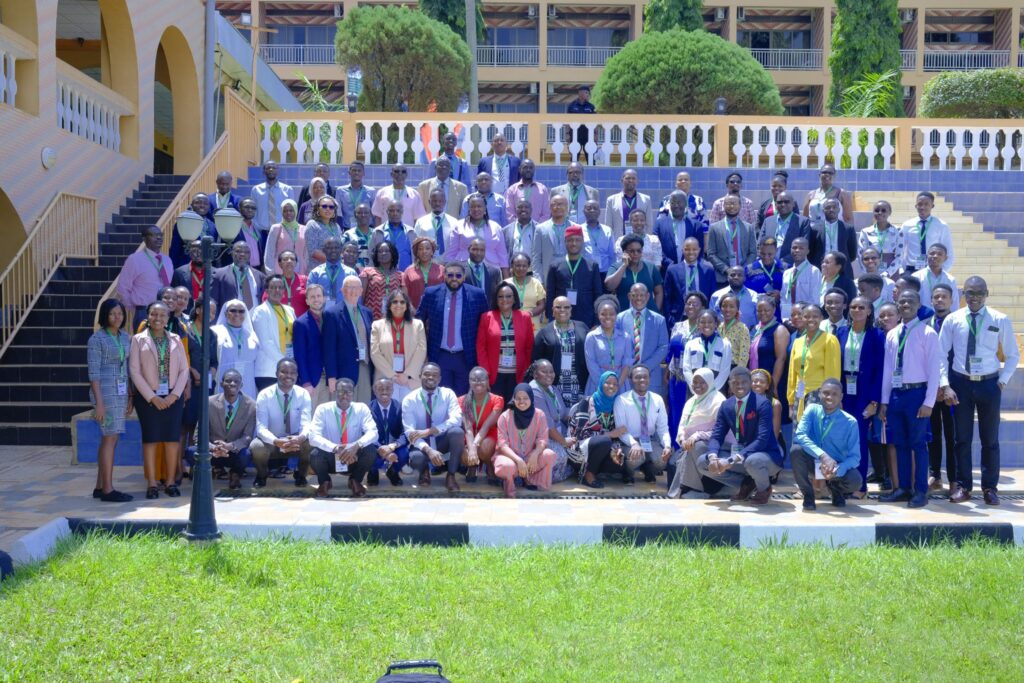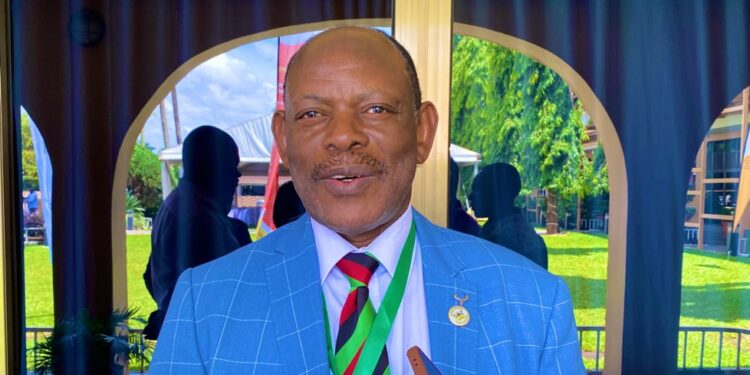Education stakeholders and educators of health professionals have called for the transformation of health education with promotion of competence based education and assessment.
Professor Sarah Kiguli,a pediatrician, medical researcher and head of the Department of Pediatrics and Child Health at Makerere University School of Medicine, said With competence based education and assessment, educators of health professionals and students will be able to learn, acquire knowledge and skills with a changed attitude so that they are able to do things differently.
Competency-based education (CBE) provides a useful alternative to time-based models for preparing health professionals and constructing educational programs.
It is a framework for designing and implementing education that focuses on the desired performance characteristics of health care professionals.
Professor Kiguli explains that competency based education is where focus is on what the learner or the student should be able to do, not what they know. “So when they are training, you train them in knowledge. You give them skills, and they should have the right set of mind attitude.”
She says increased attention is being placed on competency-based education as means for optimizing the preparation of health professionals.
She noted that in the case of health workers, they have to talk, listen and examine the patients in order to provide treatment to the patient. Adding, “It’s different me knowing how to do something and doing it.”
She made the remarks at the opening session of the Health Professions Education Conference 2023, under the THEME “Health Professions Education for Improved Health Outcomes.”
Meanwhile, Dr. Rose Clarke Nanyonga, the Vice Chancellor, Clarke International University, said the cores of Competence based education is to enhance development of faculty who teach health professions in the country.
“If you don’t have faculty who are competent, with quality and innovative in their approach, then they are not able to transfer that onto the students. So faculty development I think is key and institutions need to invest in that component before they can invest in the students learning. At Clarck International University we have achieved the competence education through not just faculty development, but also partnerships that we have developed,” she said.
Nanyonga also underscored the role of partnerships in education, “with strategic partners who can enhance our capacity to explore and leverage best practices in other institutions, we can enable competence based education within our own institution. So we have partnerships with Makerere, Busitema University, and other institutions and we also have local partners we partner with like hospitals, because competency based education means that not only are you using research to inform learning, but that the students must be able to translate knowledge into practice.”
The Vice Chancellor Makerere University, Barnabas Nawangwe, called for transformation of health profession education that should translate into increased numbers of quality health professionals which is important for positive improvement.

Nawangwe advised training institutions fo come up with appropriate innovative methods of educating future health professionals.
He also implored government to improve on the welfare of health professionals, saying almost 50% of health workers produced, including doctors, are leaving the country for greener pastures.
“It’s estimated that almost 50% of our health workforce every year, go out to work in other countries including our neighbors basically because the salaries here are lower than the salaries in those countries.”
He said the contribution of the health workers to the economy can not be measured, because if the country is not healthy the economy will just collapse.
He advised government to use the little resources to prioritize the welfare of health officers. Kiguli also noted that government working with stakeholders, will have to change its policy and planning for the health sector.
“I think working together as stakeholders, the Minister of Health Ministry, Education, finance have to sit and plan. How many doctors do we need? How many nurses do we need in the country? So what facilities do we need to make sure that we train the numbers of doctors or nurses that we can manage? So that when these people come out? They are able to be facilitated to do internship.”
Adding, “But I know that the Ugandan Government has money and we can actually get funds to support our doctors in training, support the junior doctors that are special great doctors, because health is central.”










